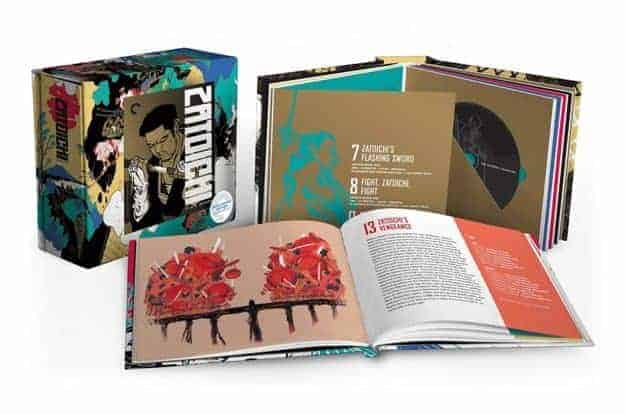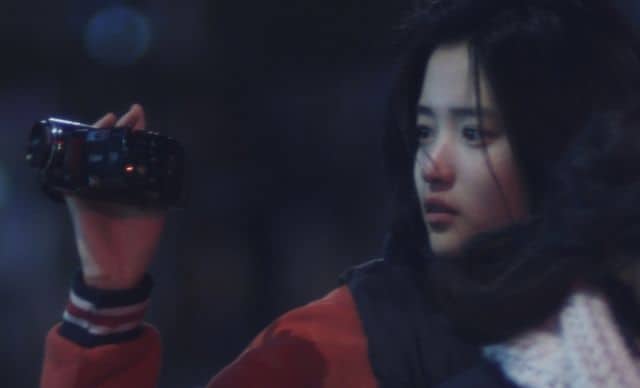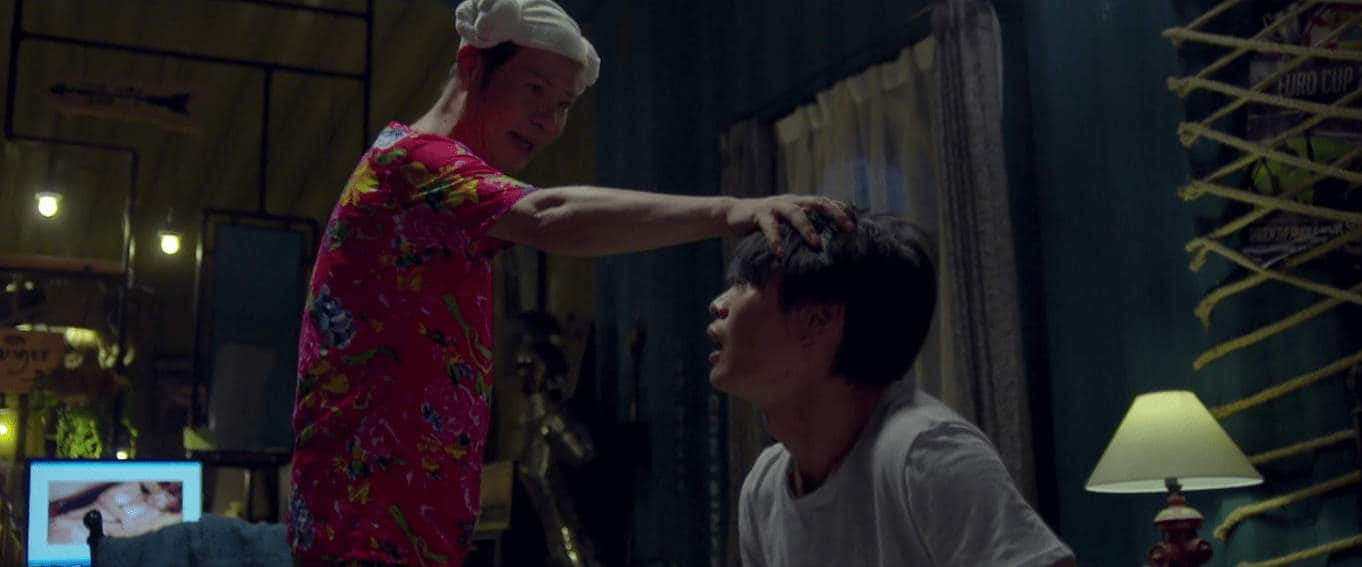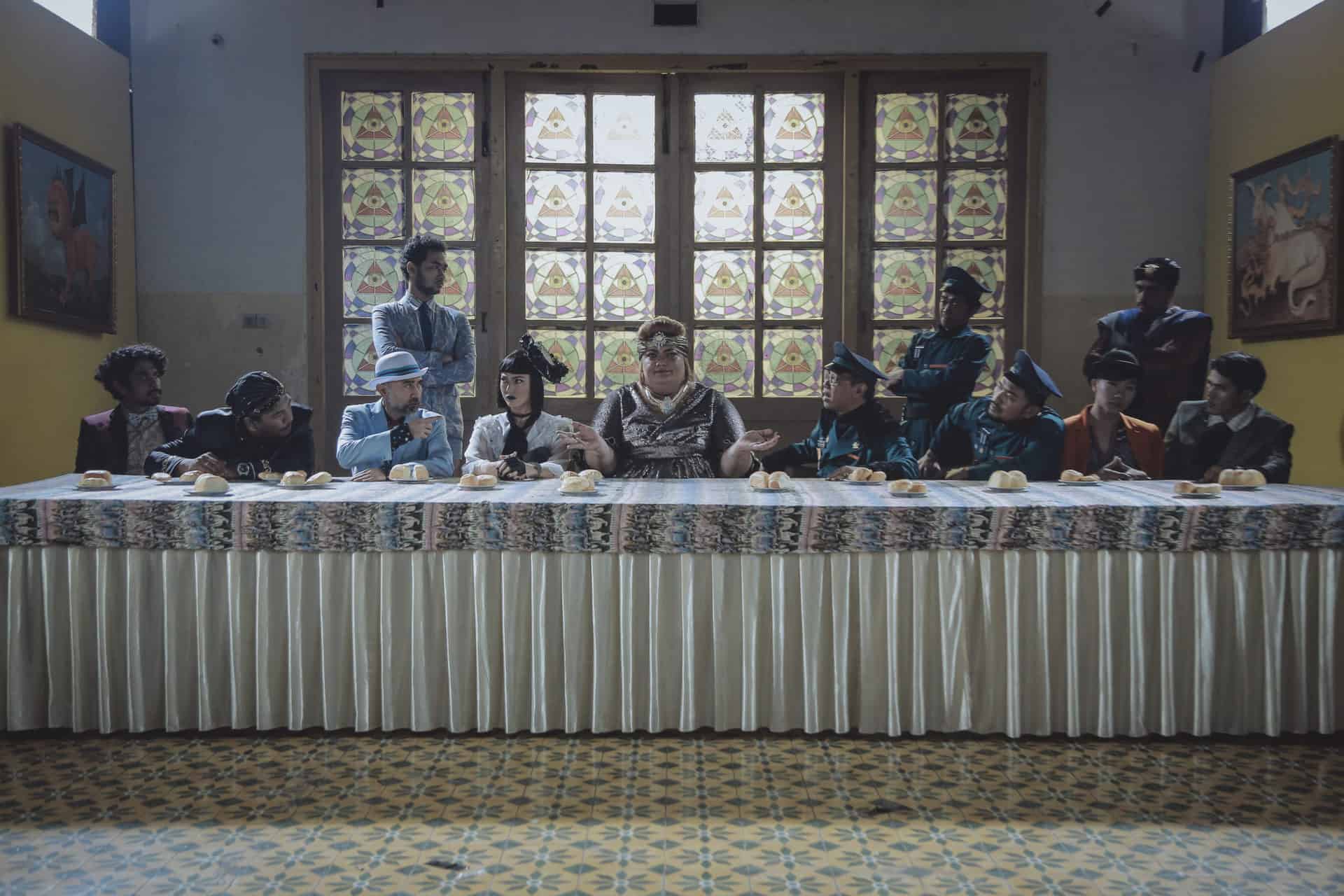After he had directed the third and fourth installment of the terribly successful Zatoichi-series, Tokuzo Tanaka would return only three years later to helm the overall thirteenth entry into the story of the blind masseur walking the roads and highways of Japan. In general, 1966 was quite an interesting year since both “Zatoichi's Vengeance” and “Zatoichi's Pilgrimage” turned out to be not only very entertaining, but also worthwhile additions to the franchise, showing a few new layers of the character played again by Shintaro Katsu. Albeit its generic title, “Zatoichi's Revenge” is a tale dealing with the repercussions of the life Zatoichi has chosen, for himself and those around him as well as whether he can actually think of a life without the need of his trusted cane sword.
Buy This Title

However, the beginning of the movie looks quite familiar as Zatoichi (Katsu), after a battle with a group of roadside bandits, stumbles upon their victim, a man asking him to give a small bag of money to his family. Reluctantly, the blind masseur agrees, but as soon as he enters the town, he is immediately at the center of a conflict between the townspeople and the local yakuza, led by Boss Gonzo (Kei Sato), who has been exploiting shop owners and merchants for quite some time now. Zatoichi also succeeds in finding the dead man's son and his mother, who is among the owners of an inn that so far has been successful in fending off the attacks of Gonzo's men.
While the pressure on the family becomes unbearable with frequent attacks and threats coming from Gonzo, Zatoichi decides to help them. After an encounter with a few yakuza, a blind priest he met earlier and who is now among the guests of the inn, questions whether the blind masseur and his methods can indeed be called righteous, since they not only lead to more bloodshed, but also have a potential damaging influence on children and youth. Zatoichi finds himself caught in a dilemma as he tries to find some clarity while Gonzo decides to hire a trained killer to take care of the blind masseur once and for all.
On several occasions during his journey through Japan, Zatoichi was faced with its overall point. In “New Tale of Zatoichi”, when the blind masseur runs into his mentor and teacher only to discover the terrible fate which had come to him, it is one of the first times the audience sees the struggle within the blind man, questioning whether he should really continue his journey. Upon encountering the blind priest (played by Jun Hamamura) on the road Hajime Takaiwa's script introduces one of those decisive moments for Katsu's character, a crossroads which might as well result in him stopping his journey altogether. Whereas the former story portrayed the potentially disastrous outcomes of a life defined by the rule of the sword, “the blind priest poses the question of how Zatoichi's world and the people he meets have become indirect victims of his thoughtlessness and reliance on the sword.
In the end, Shintaro Katsu, at this point more than an experienced impersonator of the blind swordsman, gives an engaging performance, shedding insight into the spiritual struggle of the character whose principles have now become questionable in the eyes of this priest. At the same time, the script further emphasizes this concept of the physical and spiritual damage one causes through characters such as Kurobe (Shigeru Amachi), whose decision to become a hired killer has created an emotional chasm between him and his former lover, a courtesan who has changed his name in order to get away from him.
Apart from these concepts and interesting insights into the struggles of its characters, Tanaka also relies on the other qualities which have made the franchise entertaining and worthwhile. Aside from the fight scenes, especially the impressive final confrontation between Zatoichi and Gonzo's men, an encounter involving not only great choreography but also drums made to irritate Zatoichi during the fight, there is also the wonderful cinematography by Kazuo Miyagawa to look forward to in this entry in the franchise.
“Zatoichi's Vengeance” is a story about a moral dilemma for Zatoichi who needs to deal with the potential spiritual and emotional damage he causes with his principles. Director Tokuzo Tanaka has managed to create a very engaging and entertaining addition to the series which sheds more light on the repercussions of Zatoichi's life decisions and his actions.















